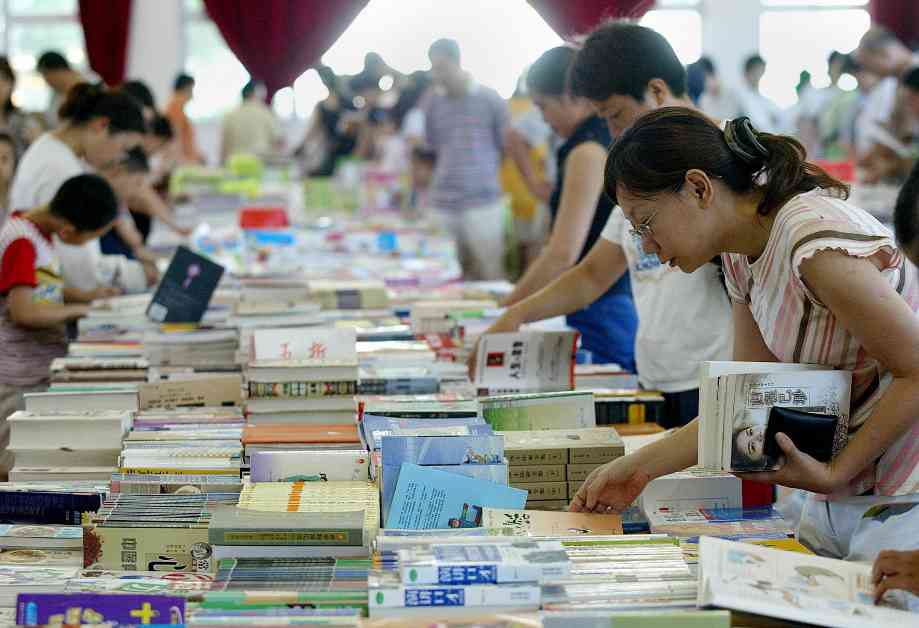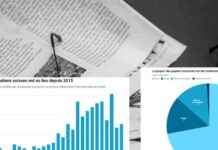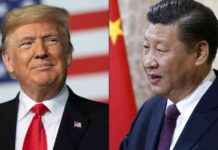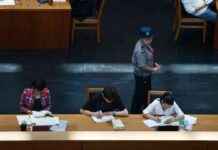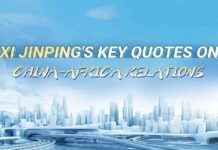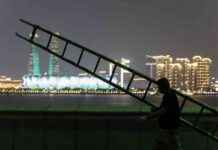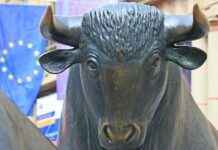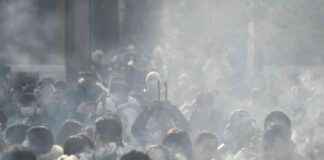This year, I revisited Beijing and was struck by how much the city had changed over the years. Gone were the scenes of men smoking on street corners and the tides of cyclists that once filled the streets. The city had evolved, with Teslas and BYDs now sharing the road with aproned motor bikers. As I approached the Great Hall of the People, even the guards seemed to question the relevance of my presence.
During a conversation with Beijing playwright Si’an Chen, she lamented the toll that recent changes had taken on literary life in China. Traditional publishing platforms had become ineffective, and some media outlets had been shut down. She shared how one of her plays was not permitted to open earlier in the year due to its pandemic-related elements. Chen described the challenges of navigating a system where boundaries were unclear, yet consequences were real. Despite offers to work abroad, she remained committed to writing in Chinese and drawing inspiration from the experiences of living in Beijing.
In the past, Chinese writers would often speak highly of foreign literature, mentioning names like William Faulkner. However, times have changed, and writers like Zhang Yueran and Shuang Xuetao now discuss international literary figures like Clarice Lispector, John Cheever, and Sally Rooney with ease. Their work reflects a fusion of Chinese and global influences, creating a literary landscape that is vast yet interconnected.
The heart of modern Chinese literature, according to writer Shuang, lies in its portrayal of losers and outcasts. From failed exam-takers to disillusioned bureaucrats, Chinese fiction is filled with characters who defy traditional hero archetypes. These figures not only grapple with their own resentments but also challenge the conventions of language through their corrosive dialogue.
The history of Chinese literature is deeply intertwined with the country’s political and social evolution. From the literary revolution following the Xinhai Revolution to Mao Zedong’s vision of writers serving the people, literature has played a pivotal role in shaping China’s cultural identity. Despite periods of censorship and political control, Chinese writers have continued to push boundaries and explore new narrative territories.
As China emerges as a global power, its literary scene reflects a complex interplay of tradition and innovation. Writers like Mo Yan and Jia Pingwa draw on regional cultures and folklore to create stories that resist easy translation into Western literary norms. While the government’s influence on literature remains a concern, Chinese writers continue to find ways to express themselves and engage with a global audience.
In the face of geopolitical tensions and ideological clashes, Chinese literature offers a unique perspective on the country’s past, present, and future. By navigating the complexities of censorship and cultural exchange, Chinese writers are redefining the boundaries of literary expression and challenging dominant narratives about China’s role in the world. As the literary landscape continues to evolve, the voices of Chinese writers will play a crucial role in shaping the country’s cultural legacy.
